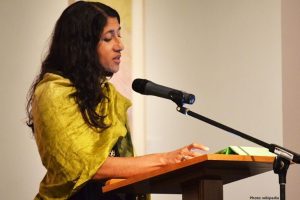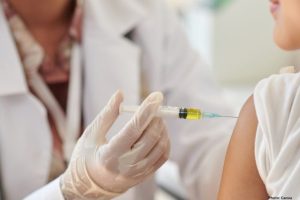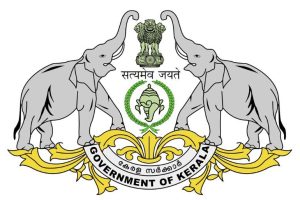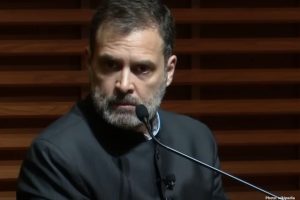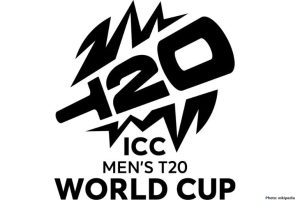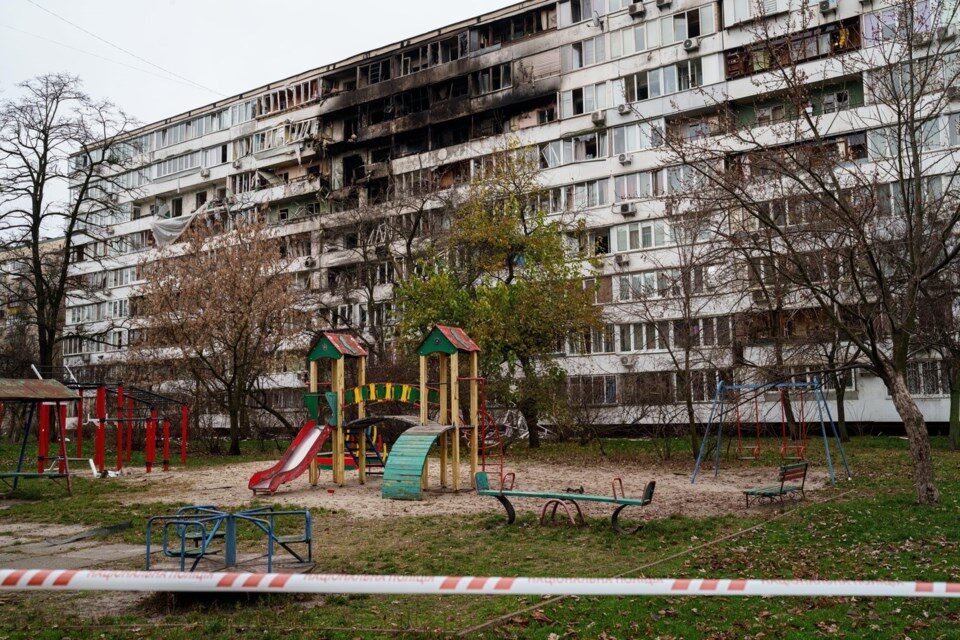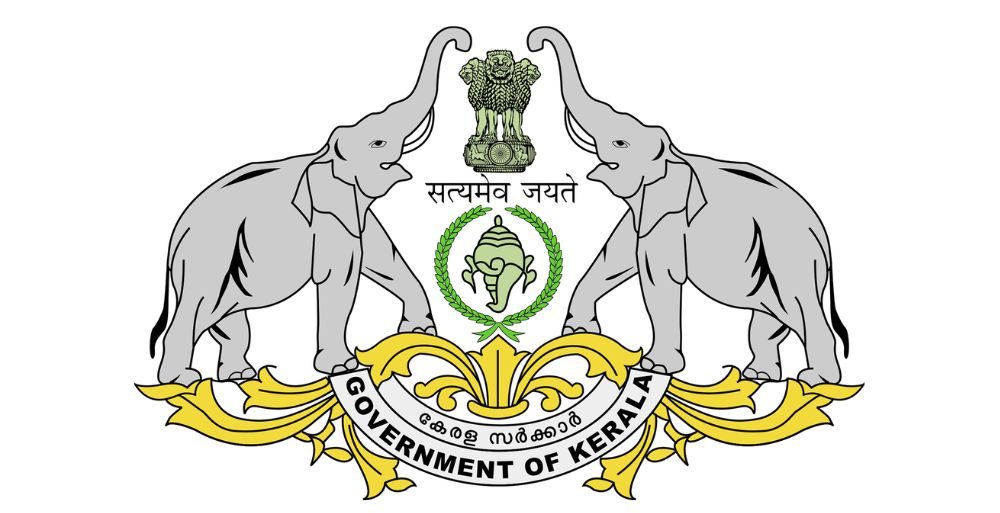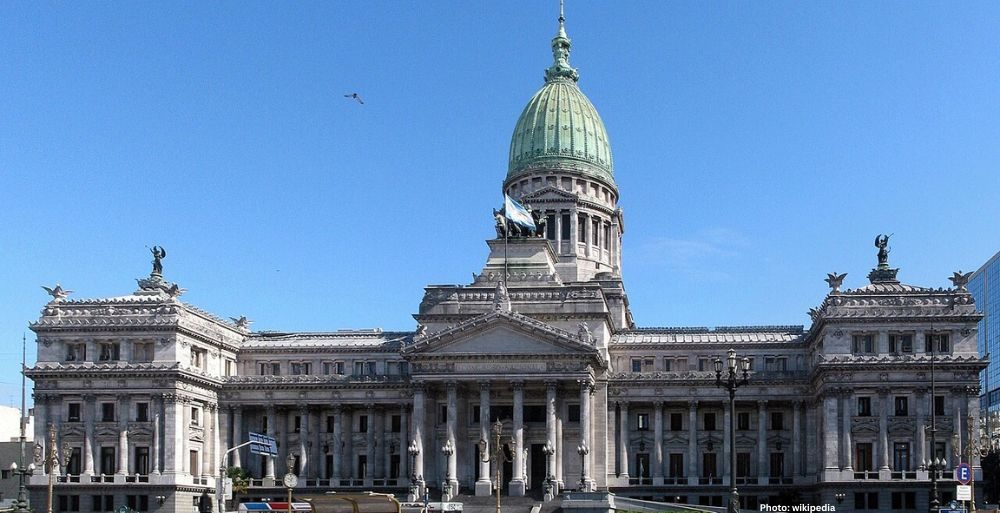WASHINGTON — President Donald Trump announced Tuesday that his proposal to end the war in Ukraine has undergone “fine-tuning,” and he is dispatching two key envoys—Steve Witkoff to meet Russian President Vladimir Putin, and Army Secretary Dan Driscoll to hold discussions with Ukrainian leaders.
Trump said he may personally meet with both Putin and Ukrainian President Volodymyr Zelenskyy at a later stage, but only after negotiations show more concrete progress. Speaking aboard Air Force One, the president described the 28-point proposal revealed last week as an evolving framework rather than a final blueprint. “It wasn’t a plan — it was a concept,” he emphasized.
The proposal, which heavily leans toward Russian interests, spurred immediate engagement from Zelenskyy and raised concerns across Europe. European allies—worried about their own security and uneasy over being left out of the initial drafting—rushed to influence the ongoing talks.
Trump said Witkoff is expected to meet Putin in Moscow next week, and suggested that Jared Kushner may also join. “People are starting to realize this is a deal that works for both sides,” Trump said.
A major point of contention is the requirement that Ukraine surrender territory to Russia. Trump downplayed this element, claiming Russia is already positioned to seize the territory. “It’s all moving in one direction,” he said. “In the next couple of months, Russia might take that land anyway.”
The proposal calls for Ukraine to relinquish the entire Donbas region—even though much of it remains under Ukrainian control. Analysts at the Institute for the Study of War estimate Russia would need several years to capture the whole region at its current pace.
Trump dismisses leaked transcript of Witkoff’s call with Russian officials
Trump’s remarks came after Driscoll concluded meetings with Russian representatives in Abu Dhabi on Monday and Tuesday.
Lt. Col. Jeff Tolbert, spokesperson for the Army secretary, said the discussions were productive and that expectations remain high. Witkoff, a former real estate figure turned diplomat, has been Trump’s primary channel to Putin, while Driscoll’s role in the peace effort has intensified recently.
While negotiations were ongoing, Russia unleashed overnight missile and drone attacks across Kyiv, killing at least seven and damaging both residential buildings and energy facilities. Ukraine’s counterattack in southern Russia killed three and damaged homes.
Trump addressed questions regarding a leaked transcript published by Bloomberg News of an Oct. 14 phone call between Witkoff and Yuri Ushakov, Putin’s foreign policy adviser. In the transcript, Witkoff appeared to coach Russia on how to approach Trump during a future call. Trump called the tactic “a standard part of negotiations.”
But not all Republicans agreed. Rep. Don Bacon of Nebraska criticized Witkoff, saying the transcript demonstrated a pro-Russia bias and arguing that he “cannot be trusted” to manage the negotiations.
Bloomberg reported reviewing an audio recording of the call, though it did not reveal the source. The Associated Press could not independently verify it.
Talks intensify among U.S., Ukraine, and European leaders
French President Emmanuel Macron said Tuesday that diplomatic efforts are reaching a “critical moment.” His remarks followed high-level U.S.–Ukraine discussions in Geneva on Sunday and a virtual meeting Tuesday among European allies participating in the peace effort. U.S. Secretary of State Marco Rubio joined both meetings.
Macron noted that negotiations have gained “new momentum,” urging leaders to take advantage of the progress. British Prime Minister Keir Starmer echoed that sentiment, saying Zelenskyy signaled willingness to accept most of the plan’s revised text.
However, Ukrainian delegate Oleksandr Bevz urged caution, calling it “too early” to suggest any agreement is close. Speaking to the Associated Press, Bevz declined to reveal details of the amendments but stressed that strong security guarantees for Ukraine will determine the viability and enforceability of any final deal.
Bevz also clarified that the proposal’s original 28 points were reduced for clarity and relevance—not necessarily down to the 19 reported elsewhere.
Zelenskyy remains cautiously optimistic
Zelenskyy said Monday that the list of necessary steps to end the war “can become workable,” and indicated he plans to discuss unresolved issues directly with Trump.
Senior Zelenskyy adviser Rustem Umerov posted on X that Ukraine hopes to finalize an agreement with Trump “as soon as possible in November.”
Russia has offered limited public response. Foreign Minister Sergey Lavrov confirmed ongoing communication with U.S. representatives and said Moscow expects an updated draft once the U.S. completes consultations with Ukraine and European partners.
European leaders emphasized that even with progress, achieving lasting peace will require time.
Intensified attacks deepen humanitarian toll
Overnight, Russia launched 22 missiles and more than 460 drones at Kyiv, knocking out water, heat, and electricity in multiple districts. A large fire erupted in a nine-story residential building in Kyiv’s Dniprovskyi district.
Kyiv Mayor Vitalii Klitschko reported 20 injuries. Russia’s Defense Ministry said the strikes targeted military infrastructure and energy systems, claiming they were retaliation for Ukrainian attacks on civilian areas in Russia.
Ninety-year-old resident Liubov Petrivna described her apartment as being destroyed: “Everything was shattered. Glass rained down on me.” She expressed little hope in the ongoing peace talks. “Putin won’t stop until he destroys us,” she said.
Ukraine launches major drone assault on Russia
Ukraine carried out one of its largest drone attacks of the war on Russia’s Krasnodar region overnight, injuring six people, according to regional governor Veniamin Kondratyev.
Russia reported destroying 249 Ukrainian drones over multiple regions and occupied Crimea. Ukraine said it hit an aviation repair facility, a drone manufacturing site, an oil refinery, and an oil terminal.



